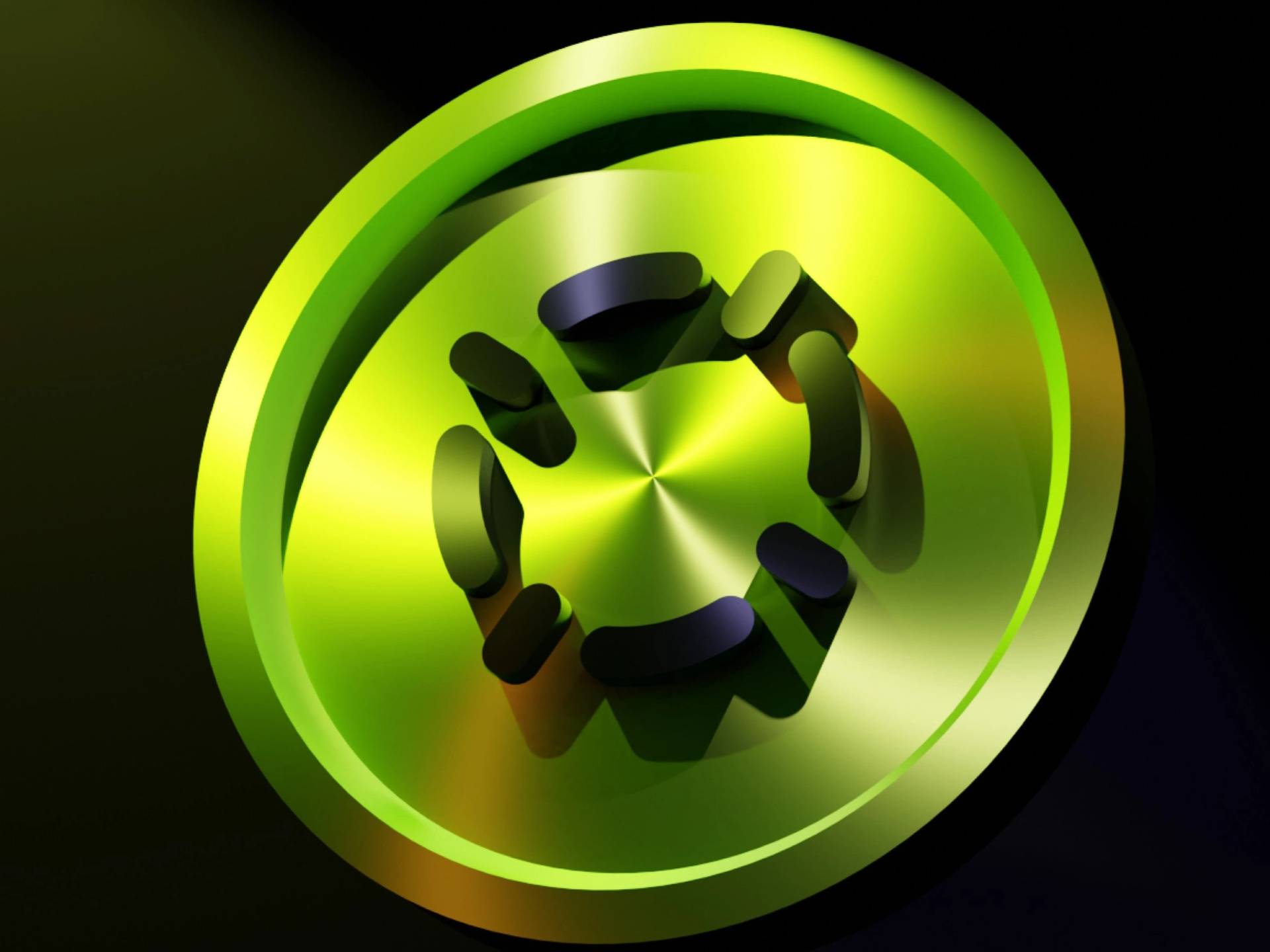订阅 wiki
Share wiki
Bookmark
CUDIS
0%
CUDIS
CUDIS 是一个去中心化的长寿协议,它利用可穿戴智能戒指、人工智能驱动的应用程序和 区块链 技术,使用户能够跟踪、管理和货币化他们的健康数据。该平台旨在通过将个人生物识别数据与代币化激励系统相结合,使健康和长寿优化更易于访问和奖励。 [1]
概述
CUDIS 协议的开发是为了解决数字健康和长寿领域中的挑战,例如先进抗衰老治疗的高成本以及用户生成的健康数据的集中式公司控制。该项目声明的目标是通过提供实时健康跟踪和个性化的、人工智能驱动的健康策略工具,将人类的“健康寿命”(即保持良好健康状态的生命周期)延长至 140 岁。CUDIS 将自己定位为“世界上第一个奖励长寿的协议”,旨在使更广泛的受众能够获得长寿,这与每年可能花费超过 25 万美元的抗衰老治疗形成对比。该项目在数字健康市场中运营,预计到 2033 年将达到 1.6 万亿美元。 [7] 通过构建在 区块链 技术之上,CUDIS 为用户提供数据主权,允许他们控制个人健康信息并有可能将其货币化。
该生态系统由三个主要组成部分组成:物理可穿戴设备(CUDIS 戒指)、移动应用程序(CUDIS 超级应用程序)和基于 Solana 网络上的 区块链 基础设施。用户佩戴戒指以收集生物识别数据,然后由应用程序处理这些数据,以提供健康见解和长寿评分。通过参与平台并保持健康的习惯,用户可以获得奖励。该项目报告称已筹集了 500 万美元的资金,并实现了 500 万美元的产品销售额,在 103 个国家/地区拥有超过 20 万名成员的社区。 [1]
历史
CUDIS 协议的开发在多年路线图中进行了概述。
- 2023 年:构建基础 初始阶段侧重于第一个 CUDIS 戒指原型的设计和开发。在此期间,团队创建了平台人工智能教练模型和整体系统架构的蓝图。
- 2024 年:产品和生态系统发布 2024 年,CUDIS 推出了其首批消费产品,即 CUDIS 戒指 001 和 002,以及 CUDIS 移动应用程序。引入了关键的生态系统功能,包括健康积分、数据非同质化代币 (NFT) 和社交挑战,以推动用户参与。该项目还建立了其大使计划,组建了 Web3 和小型企业合作伙伴关系,并完成了一轮融资。
- 2025 年:扩展长寿生态系统 2025 年的计划包括 6 月份的本地 $CUDIS 代币的代币生成活动 (TGE)、长寿中心的公开启动、v2 人工智能教练的发布以及 质押 支持的社区功能的引入。 [8]
- 2026–2027 年:社区增长和去中心化 未来的计划侧重于通过代币门控的长寿中心社区和用于个性化长寿策略的多代理人工智能系统来扩展生态系统。该路线图包括实施社区治理协议和主要的品牌知名度活动。2027 年的长期目标包括建立全球长寿中心、长寿科学家委员会和长寿基金会。
这些里程碑描绘了该项目从最初的概念到计划中的去中心化健康生态系统的进展。 [1] [7]
先锋套餐
在 2025 年 6 月的代币生成活动 (TGE) 之前,CUDIS 为早期采用者推出了限量版先锋套餐。该套餐包括 CUDIS 戒指、CUDIS 超级应用程序的终身订阅以及“长寿中心通行证”。此通行证是一种灵魂绑定代币 (SBT),授予持有者提前访问 $CUDIS 代币空投的权限。 [8]
技术
CUDIS 协议集成了硬件、软件和 区块链 技术,以创建其去中心化的健康和长寿平台。该架构旨在捕获、分析和保护用户健康数据,同时为积极的生活方式改变提供激励。 [2]
CUDIS 戒指
CUDIS 戒指是生态系统的主要硬件组件。它是一款由钛制成的智能戒指,防水,电池续航时间为 7 天。它专为持续佩戴而设计,以跟踪关键的生物识别指标,包括睡眠、活动、准备状态和压力。 [8] 该戒指的“运动系列”专为运动员和活跃用户设计,通过名为“活动模式”的功能提供增强的奖励倍数。戒指收集的数据与 CUDIS 超级应用程序同步,以进行分析和可视化。 [1] [9]
CUDIS 超级应用程序
CUDIS 超级应用程序适用于 iOS 和 Android,是用户与协议交互的中心枢纽。该应用程序为用户提供实时健康数据、人工智能生成的健康见解以及对其奖励的访问权限。随着时间的推移,添加了新功能,例如供用户记录主观能量水平的“能量日志”和用于跟踪特定健身活动的“运动模式”。该应用程序是通往更广泛的 CUDIS 生态系统的门户,包括社交挑战和未来的长寿中心。 [3]
人工智能长寿教练
该协议包括一个人工智能代理教练,可为用户提供 24/7 全天候的个性化健康指导。人工智能会实时从个人的数据中学习,以提供科学支持的长寿策略。用户可以通过与人工智能教练互动并优化他们的健康习惯来赚取代币奖励。 [7]
区块链基础设施
CUDIS 构建在 Solana 区块链 之上,选择它的原因是其高吞吐量和低交易成本。该协议的基础设施,也称为 CUDIS 数据网络,是一个安全的、去中心化的系统,使用户能够通过代币化激励来货币化健康数据。用户可以通过上传、质押 或许可其数据以进行隐私保护的数据共享来获得 CUDIS 代币奖励。 [7] 该基础设施包括几个关键组件,以确保数据主权和安全性: [2]
- 长寿去中心化标识符 (LDID): 每个用户都会被分配一个 LDID,它充当自主数字身份。这允许用户管理他们的数据,而无需依赖中央机构。
- 数据聚合器和数据中心: 这些系统负责从 CUDIS 戒指和其他来源收集健康数据,对其进行处理,并将其安全地存储在数据中心内。该架构旨在让用户完全控制他们的信息。
- NFT 该平台允许用户将其匿名化的健康数据铸造为 NFT。这种机制为用户提供了一种可验证的方式来证明其数据的所有权,并为他们参与未来的数据市场创造了一条途径。
长寿中心
长寿中心是一个计划中的市场和生态系统,用于精选的长寿产品、计划和服务。访问该中心旨在通过“长寿中心通行证”进行管理,这是一种不可转让的灵魂绑定代币 (SBT),它授予会员独家福利,例如空投、提前访问代币发布以及会员专属活动的邀请。 [1]
代币经济学
CUDIS 生态系统由其原生 实用代币 $CUDIS 提供支持。该代币旨在促进交易、激励用户参与并实现社区治理。 [4]
$CUDIS 代币的核心功能是奖励用户参与健康行为并将其数据贡献给生态系统。用户可以通过跟踪他们的睡眠、锻炼和其他健康指标来获得应用内奖励,例如“健康积分”或“活力评分”。这些积分可以转换为或用于赚取 $CUDIS 代币。该代币还在平台的经济模型中发挥作用,其中包括旨在确保协议长期可持续性的费用结构。此外,$CUDIS 将用于 质押 并授予对长寿中心内代币门控社区的访问权限,会员可以在其中访问高级功能、个性化的人工智能见解和精英健康服务。该代币还旨在通过授权开发人员和研究人员通过长寿中心来帮助策划创新。 [5] [7]
团队和支持者
CUDIS 的创始团队包括来自一系列科技公司、学术机构和消费品牌的专业人士,包括 Microsoft、Google、Samsung、Solana、Nike、Binance、UCLA 和 UC Berkeley。 [1]
该项目得到了 区块链 和技术领域中几家主要投资者和风险投资公司的支持。主要支持者包括 Draper Associates、Foresight Ventures、Borderless Capital、Morningstar Ventures 和 Solana Foundation。 [1]
合作伙伴关系
CUDIS 已经建立了许多战略合作伙伴关系,以扩展其生态系统和用户群。这些合作涵盖了 Web3 领域的各个领域,包括去中心化金融 (DeFi)、NFT 社区和基础设施提供商。主要的启动合作伙伴包括 Solflare、Marinade、DeGods、Backpack、Natix、De.Fi、Bybit Web3 和 OKX。这些合作伙伴关系旨在支持该项目的启动、促进用户入门并将 CUDIS 集成到更广泛的 Solana 生态系统中。 [1] [6] [10]
发现错误了吗?
